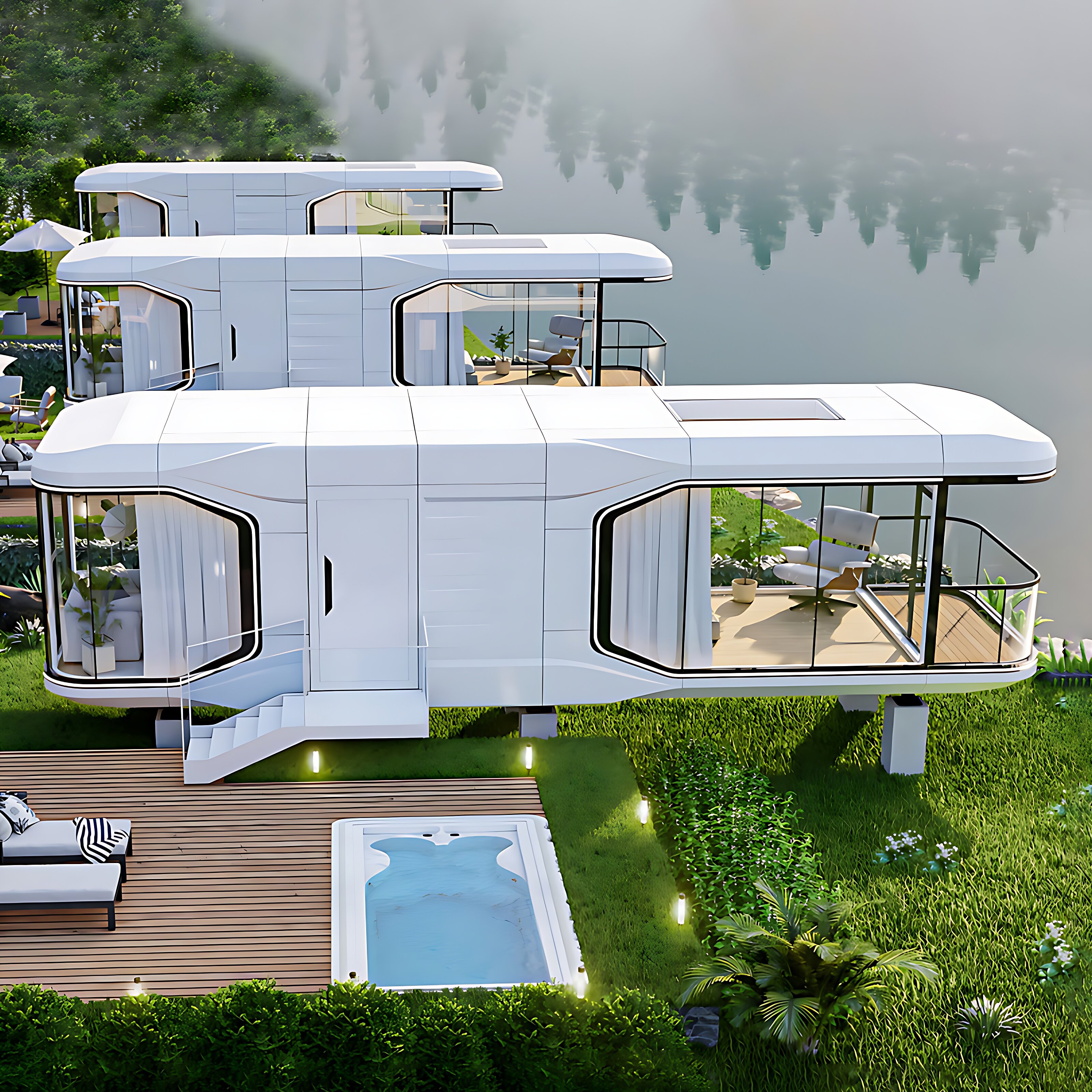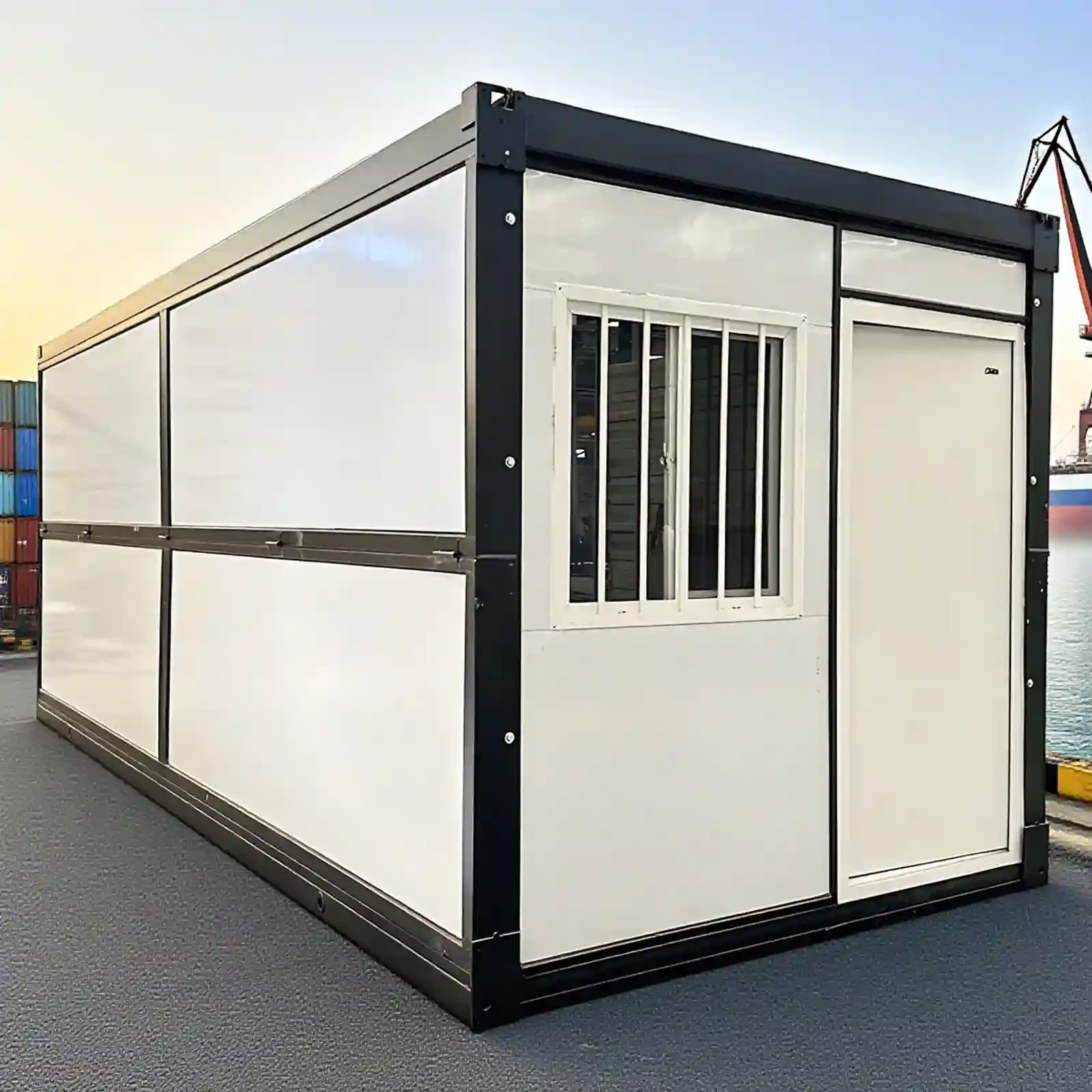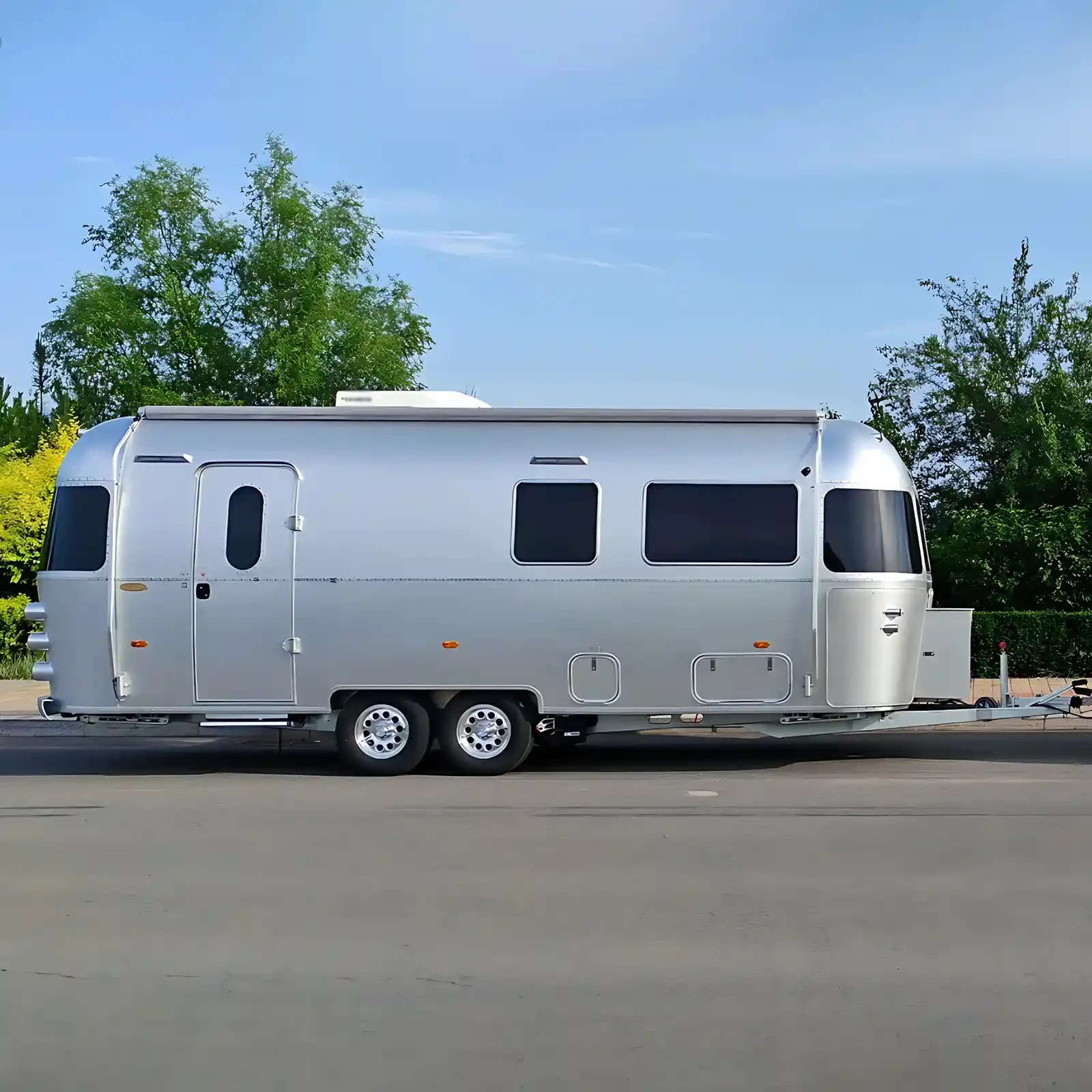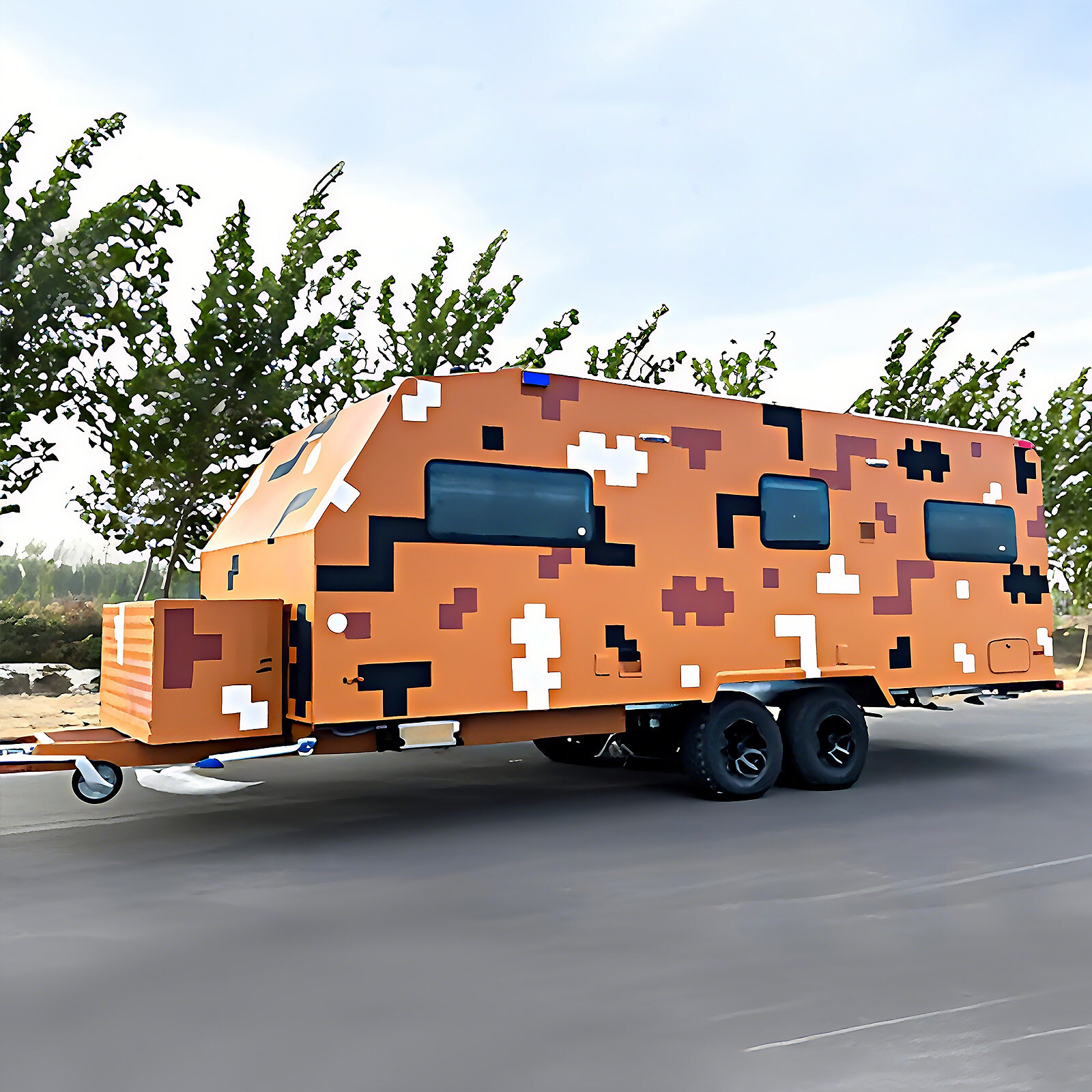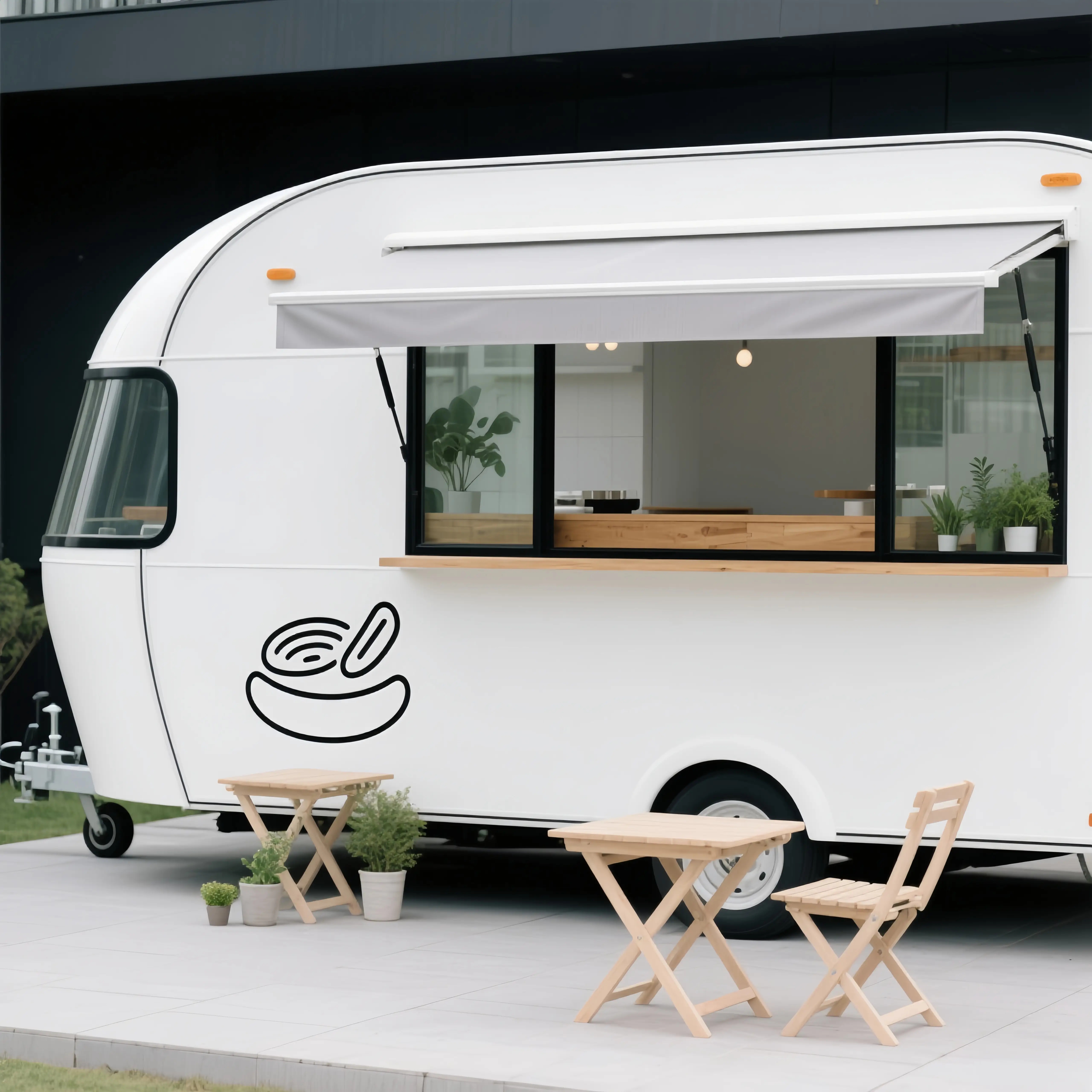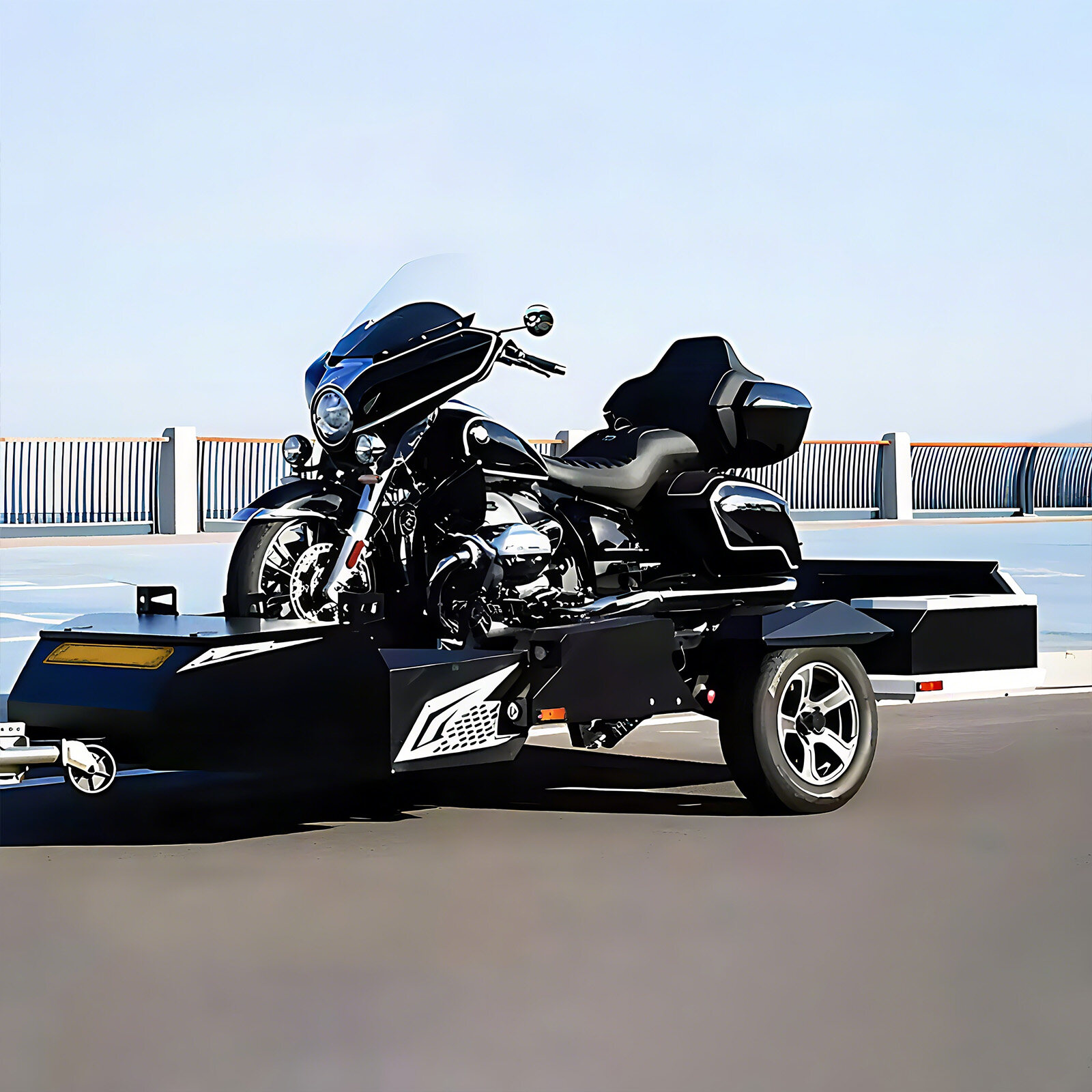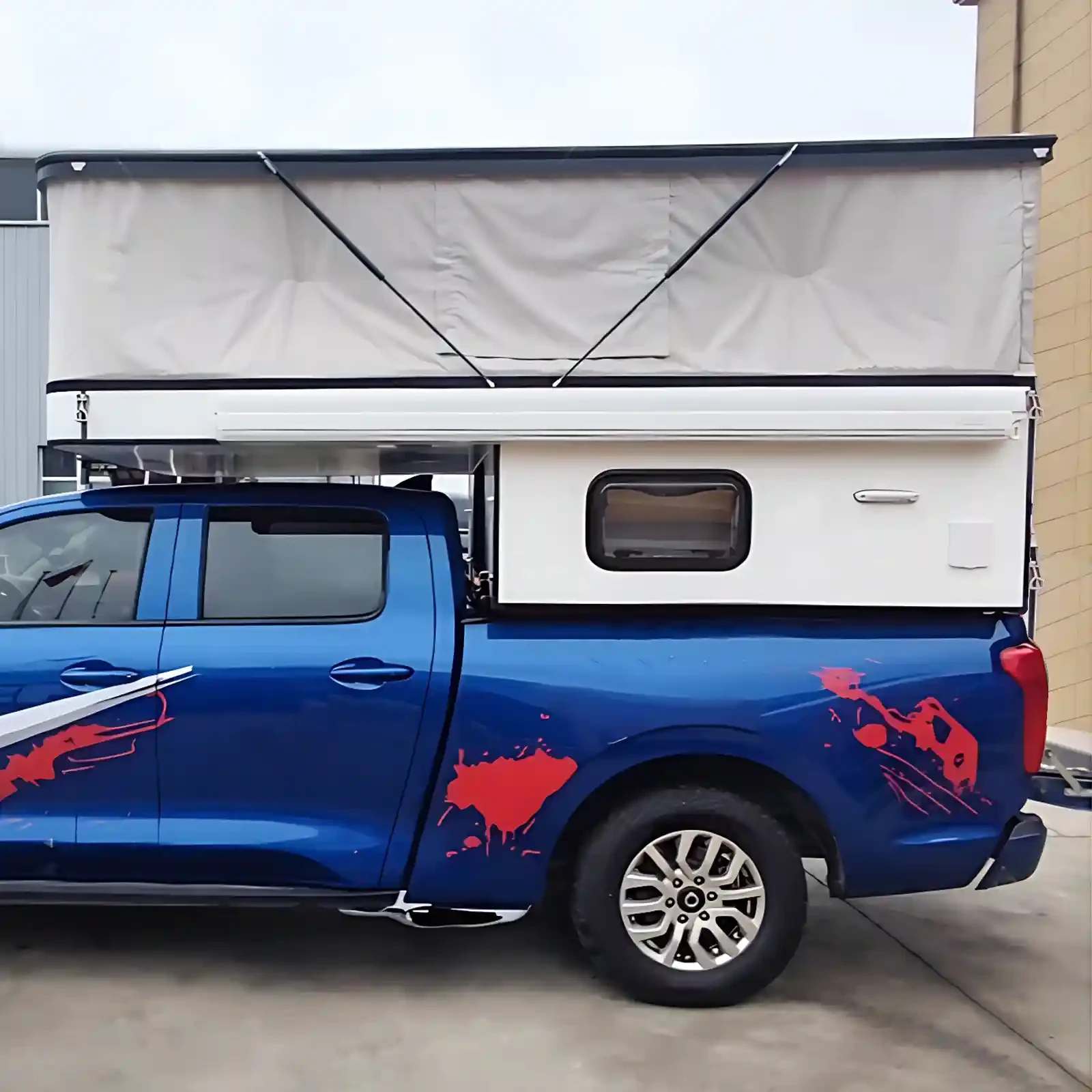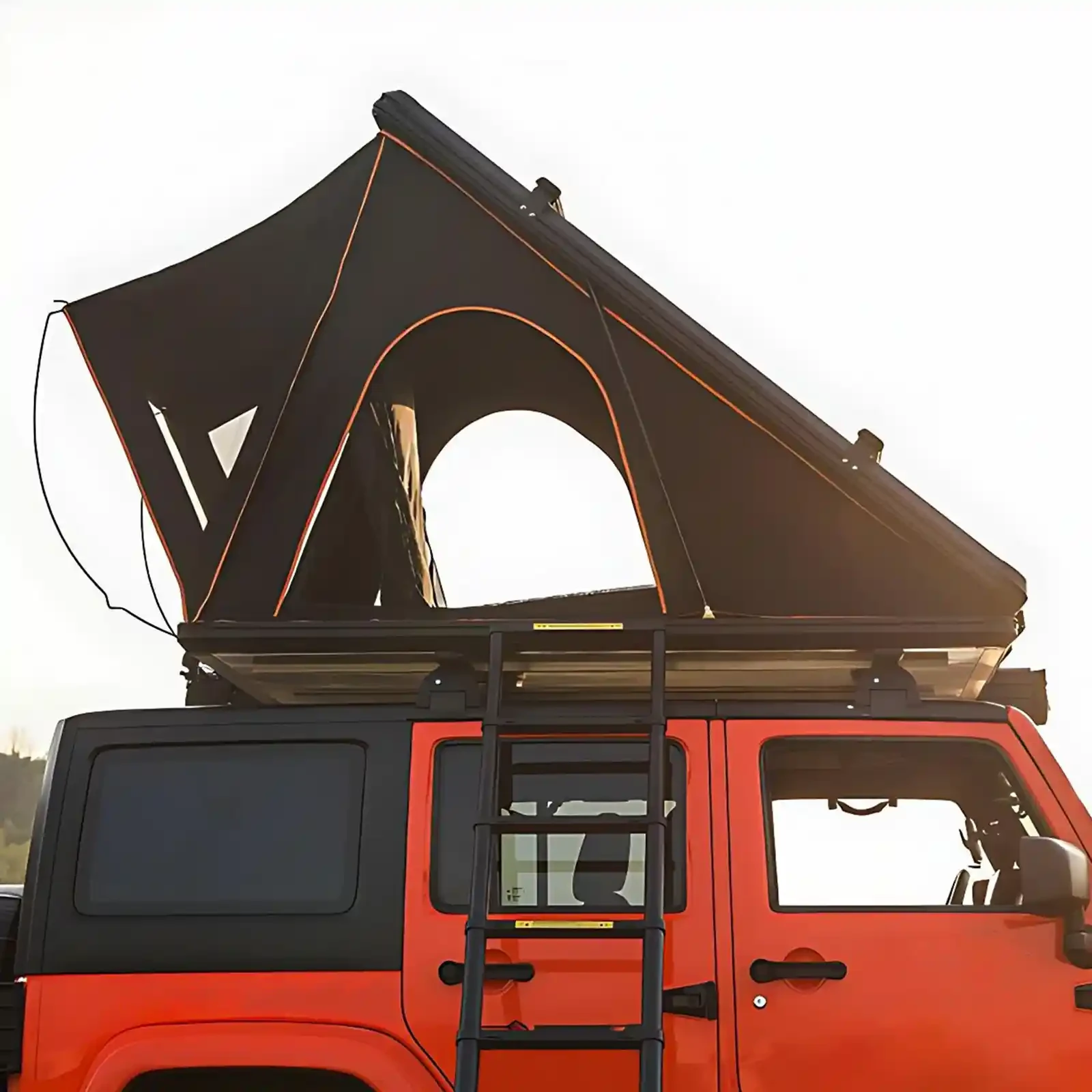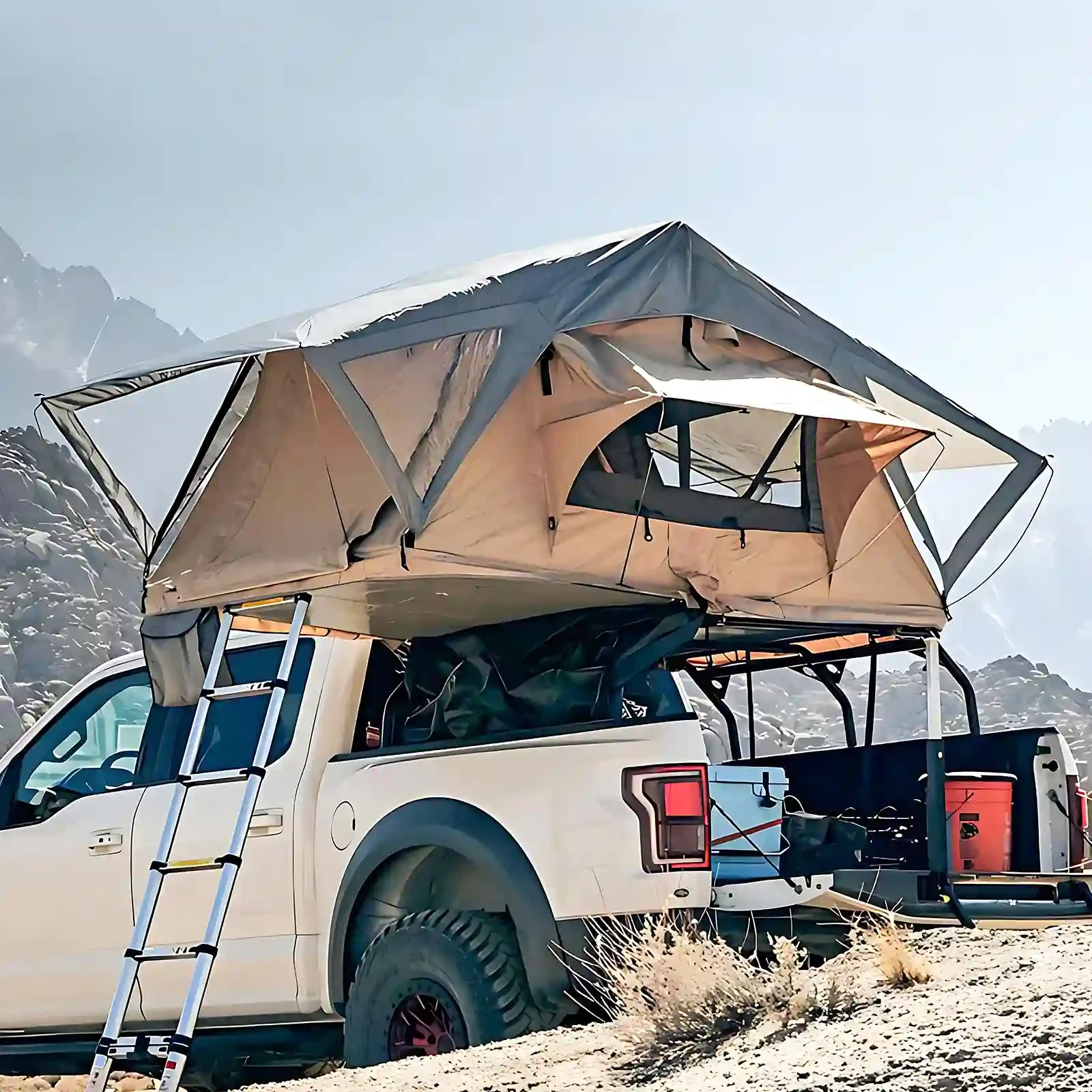In the tourism accommodation sector, traditional homestays have long held a significant position, offering travelers a home-like experience with their warm and personalized atmosphere. However, in recent years, capsule hotel-style homestays have emerged as a dark horse, quietly sparking a revolution in the accommodation industry. When traditional homestays meet capsule hotel-style homestays, where exactly does this revolution manifest itself, and how will it influence the future direction of the tourism accommodation market?
Accommodation experience: A collision of traditional warmth and technological novelty
Traditional guesthouses are typically built within local residential buildings, preserving the local architectural style and interior decoration. Wooden furniture and hand-woven ornaments exude a rich cultural atmosphere. Staying in a traditional guesthouse allows guests to deeply immerse themselves in local life, interact with hospitable hosts, savor authentic home-style cuisine, and experience the warmth of neighborly relations. For example, in traditional guesthouses in the Jiangnan water towns, white walls, black tiles, and wooden doors and windows offer a tranquil escape. Waking up to birdsong and opening the window to a view of the meandering waterways provides a close connection to nature and a sense of everyday life, allowing guests to escape the hustle and bustle of the city and find inner peace.
In contrast, capsule-style guesthouses offer a novel experience brimming with technology and a futuristic feel. Their exteriors mimic spaceships, with sleek metallic lines and unique designs instantly attracting attention. Stepping inside feels like entering the vast universe. Simulated starlight lighting on the ceiling, combined with soft cosmic sound effects, creates an immersive space atmosphere. An intelligent sleep system adjusts mattress support according to the body's curves and monitors physiological indicators in real time, providing guests with quality sleep. Furthermore, convenient smart entertainment facilities, such as high-definition smart TVs and virtual reality devices, allow guests to fully enjoy the fun of technology during their stay. This unprecedented technological experience satisfies people's pursuit of novelty and is especially popular with young tourists and tech enthusiasts.
Operating Models: The Difference Between Labor-Intensive and Intelligent/Efficient Models
Traditional homestay operations are highly dependent on manpower. From daily maintenance and cleaning to greeting guests and answering questions, all aspects require the landlord or staff to handle personally. During peak tourist seasons, with a large influx of tourists, landlords often need to invest a significant amount of time and energy to ensure service quality. Moreover, the booking process for traditional homestays is relatively cumbersome. Guests need to communicate with the landlord through various means such as phone calls and online platforms to confirm details such as room availability, price, and check-in dates. This process can be time-consuming and negatively impact the guest's booking experience.
Capsule-style guesthouses leverage technology to achieve intelligent and efficient operation. Smart door lock systems allow guests to check in independently using passwords or QR codes, eliminating the need for manual key handover and significantly saving labor costs and guests' time. Intelligent temperature and ventilation systems automatically regulate the cabin environment, reducing the frequency of manual inspections. Meanwhile, the capsule-style guesthouse's reservation management system is more intelligent; after guests place orders on the online platform, the system automatically confirms the order, allocates rooms, and sends check-in information to the guests-the entire process is simple and fast. Furthermore, the modular design of capsule-style guesthouses results in short construction and installation cycles, enabling rapid replication and expansion, giving them a significant advantage in expanding their property portfolio compared to traditional guesthouses.
Market Positioning: Choosing a Diverse Audience and Market Segmentation
Traditional guesthouses attract a wide range of customers with their diverse styles and services. Whether it's romantic couples, families seeking a family-friendly experience, or backpackers passionate about cultural exploration, everyone can find a suitable accommodation option in traditional guesthouses. These guesthouses are typically located in old city neighborhoods, near tourist attractions, or in rural areas, allowing travelers to deeply immerse themselves in the local culture and lifestyle.
Capsule-style guesthouses precisely target a niche market, primarily young tourists seeking novel experiences and appreciating technology, as well as business travelers with high demands for convenient accommodation. Their unique design and technological amenities set them apart from other accommodation options, making them a popular topic of conversation among young travelers. Simultaneously, their convenient check-in process and intelligent services align with the fast-paced lifestyle of business travelers. Furthermore, their small footprint allows for flexible placement in urban commercial areas, scenic spots, and near transportation hubs, meeting diverse accommodation needs and further expanding their market reach.
Impact and Prospects of this Change
The emergence of capsule hotel accommodations is profoundly changing the landscape of the tourism accommodation market. On the one hand, it provides consumers with more diversified accommodation options, meeting the personalized needs of different groups. On the other hand, it also prompts traditional accommodations to continuously innovate and upgrade, introducing intelligent equipment and management systems to improve service efficiency and quality. In the future, with the continuous advancement of technology, capsule hotel accommodations are expected to achieve greater breakthroughs in areas such as the application of environmentally friendly materials and intelligent service upgrades, further expanding their market share. Meanwhile, traditional accommodations will continue to shine in the tourism accommodation market thanks to their profound cultural heritage and humanistic care. This collision and transformation between traditional accommodations and capsule hotel accommodations will drive the entire tourism accommodation industry towards a more diversified, intelligent, and personalized direction, bringing tourists a richer and higher-quality accommodation experience.

 USD
USD
 GBP
GBP
 EUR
EUR
